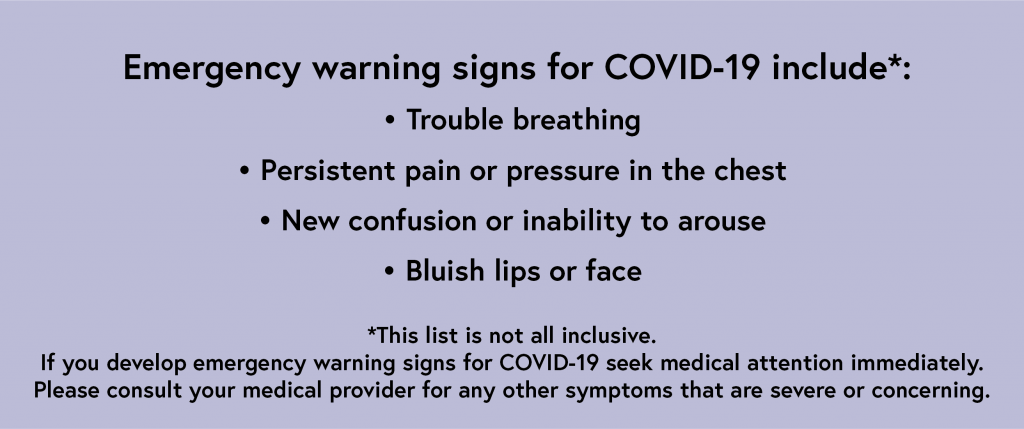4.1.20
As of 12 p.m., there are 552 cases, 138 hospitalizations and 13 deaths in Kansas
– Kansas Department of Health and Environment
As the Coronavirus pandemic continues to evolve, so do the guidelines and available information. One of the best means of assisting in slowing the spread of COVID-19 is keeping yourself informed and adhering to response efforts.
Kansas Governor Laura Kelley, through Executive Order 20-16 has issued a temporary, statewide Stay Home order. It took effect at 12:01 a.m. on Monday, March 30, 2020, and will be upheld through Sunday, April 19, 2020.
This means individuals should stay home, unless:
- Obtaining food, medicine and other household necessities;
- Going to and from work at a business or organization performing an essential function as identified in the Kansas Essential Function Framework;
- Seeking medical care;
- Caring for children, family members or pets, or caring for a vulnerable person in another location;
- Engaging in an outdoor activity, provided individuals maintain a distance of six feet from one another and abide by the 10-person limitation on gathering size.
The Kansas Department of Health and Environment (KDHE) has updated their list of mandated 14-day home quarantine for Kansans, and includes those who have:
- Visited Eagle, Summit, Pitkin and Gunnison counties in Colorado in the week of March 8 or after.
- Traveled to a state with known widespread community transmission (California, Florida, New York and Washington state) on or after March 15.
- Traveled on a cruise ship or river cruise on or after March 15.
- People who have previously been told by Public Health to quarantine because of their cruise ship travel should finish out their quarantine.
- Traveled internationally on or after March 15.
- People who have previously been told by Public Health to quarantine because of their international travel to China, South Korea, Japan, Italy, and Iran should finish out their quarantine.
- Traveled to Illinois or New Jersey on or after March 23.
- Received notification from public health officials (state or local) that you are a close contact of a laboratory-confirmed case of COVID-19. You should quarantine at home for 14 days since your last contact with the case. (A close contact is defined as someone who has been closer than 6 feet for more than 10 minutes while the patient is symptomatic.)
The Prairie Band Potawatomi Nation declared a state of emergency on March 16, and since then has determined to operate essential government functions only through April 30, 2020.
- The Prairie Band Casino & Resort gaming facilities are closed through April 30.
- All PBPN buildings and lands are closed to the public except for essential operations.
- Only essential staff are reporting to work.
- Individuals seeking services must set up an appointment in advance.
Research about the COVID-19 disease is ongoing. Health experts learn more each day resulting in evolving information. The CDC and your state’s Health Department are prime sources to obtain up-to-date information.
- The CDC website provides detailed information about symptoms, how to protect yourself and family, and what to do if you are sick.
- The KDHE website provides similar information along with a case summary for the state, with incidents mapped by county.
- The Coronavirus is airborne and can be spread even before symptoms start, which is why self-quarantine is of utmost importance for those who have traveled in the last two weeks, or as outlined previously.
- Noticeable symptoms include fever, cough, and shortness of breath.
- Like influenza, no one is guaranteed to have a mild case. People of every age can be impacted severely, even young healthy people. Cases resulting in deaths among young people with no underlying conditions continue to increase.
- People over 65, the very young, and people with chronic illness or decreased immune systems are much more likely to suffer severe complications. This includes underlying medical conditions like heart or lung disease or diabetes.
- Coronavirus vs. Cold vs. Flu vs. Allergies Guide. This chart provides comparisons between the four however not everyone experiences symptoms in the same way.
Ultimately, the sooner people stay home and limit contact with one another, the safer everyone will be and the sooner restrictions can be lifted. Your adherence to response efforts is saving lives.

